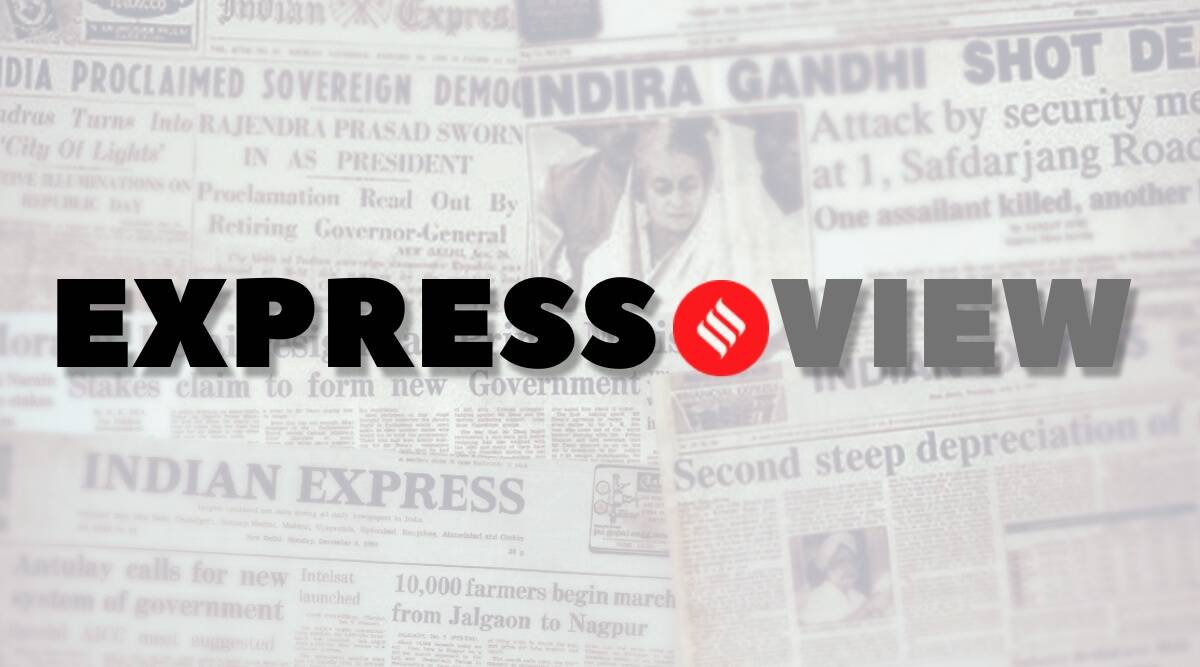 Both Tesla and SpaceX, companies that have propelled Musk to the top of the global rich lists, have been pioneering initiatives.
Both Tesla and SpaceX, companies that have propelled Musk to the top of the global rich lists, have been pioneering initiatives. Last Thursday, after months of uncertainty, Elon Musk closed his $44-billion deal to buy social media platform Twitter. Musk wasted no time getting down to business, removing four top executives of the company including chief executive officer, Parag Agrawal and chief financial officer, Ned Segal. But the culmination of the deal has put Twitter in an unknown space — as a privately owned, global public platform. In an increasingly polarised world, where platforms, including Twitter, often come under criticism for the decisions they take and, at times, they don’t, and when there is a growing push back by governments against Big Tech over the governance of global public platforms, the new owner has his task cut out.
Both Tesla and SpaceX, companies that have propelled Musk to the top of the global rich lists, have been pioneering initiatives. Both have been industry leaders, revolutionising the electric vehicles segment and the aerospace industry. They have benefitted consumers by bringing down costs, and lowering entry barriers. In both these areas, Musk has displayed an uncanny ability to not only articulate a bracing vision, but to ensure its fructification. But Twitter is another animal. As one of the most widely used social media platforms in the world, it lies at the intersection of society, politics and government. And considering the critical role it plays in the dissemination of news and the shaping of global public opinion, it wields immense power. However, its decisions in the past, including the manner in which it effectively blocked former US President Donald Trump, have been considered to be shrouded in opacity, with many accusing the platform of not being either accountable or transparent in its decision-making process.
While it’s too early to pronounce judgement, turning Twitter private may perhaps reduce the transparency and scrutiny that comes naturally from being a publicly listed company. The veil of secrecy that comes with being a privately owned company as well the sheer indispensability of social media platforms in itself warrant a more robust and elaborate system of checks and balances and far greater transparency and accountability. More so when there is the possibility of conflict of interest. After all, the new owner has business dealings with governments across the world, even those who are not receptive to his views on free speech — Musk has described himself as a free speech absolutist. This has triggered both enthusiasm and alarm. How he addresses the contentious issues of hate speech and disinformation will be keenly watched. The takeover, which comes at a tumultuous moment — with the West facing acute economic turmoil while a war rages on in Europe and an ambitious China aggressively charts its own trajectory — is, inarguably, a moment of disruption. The stakes couldn’t be higher.